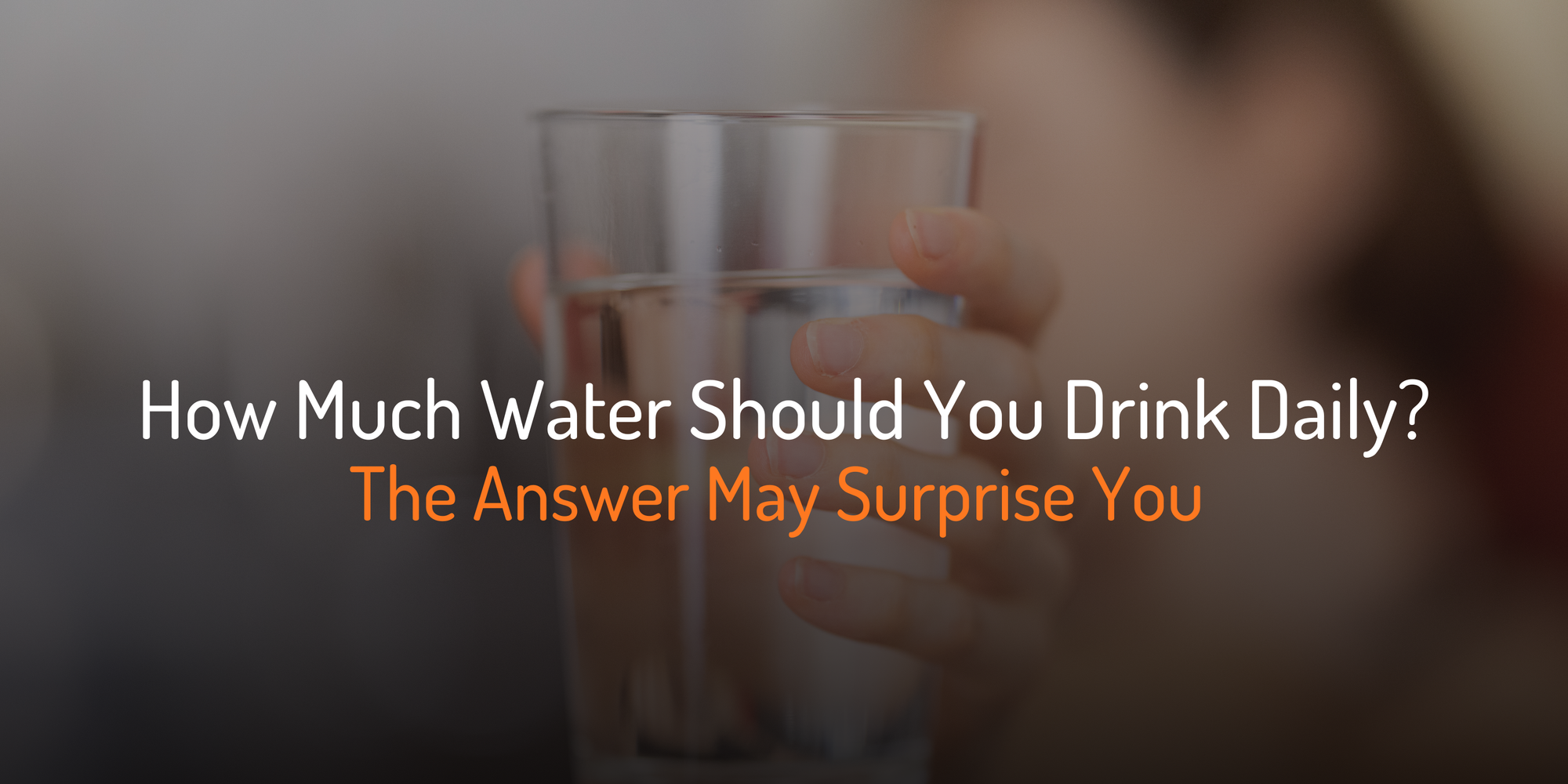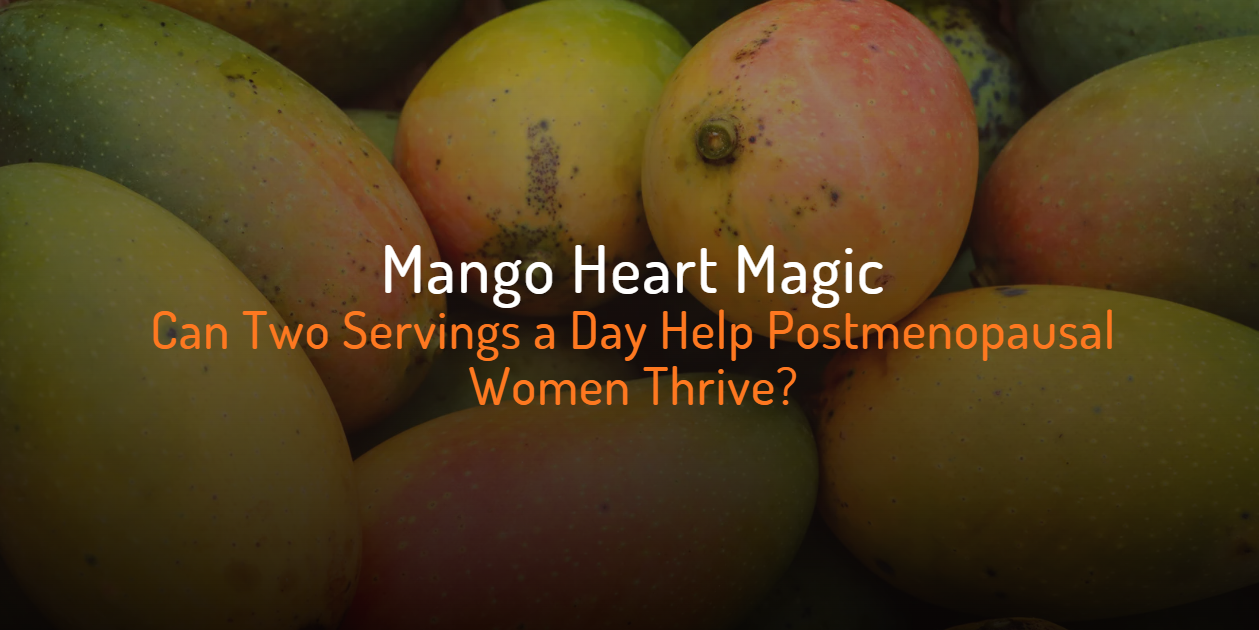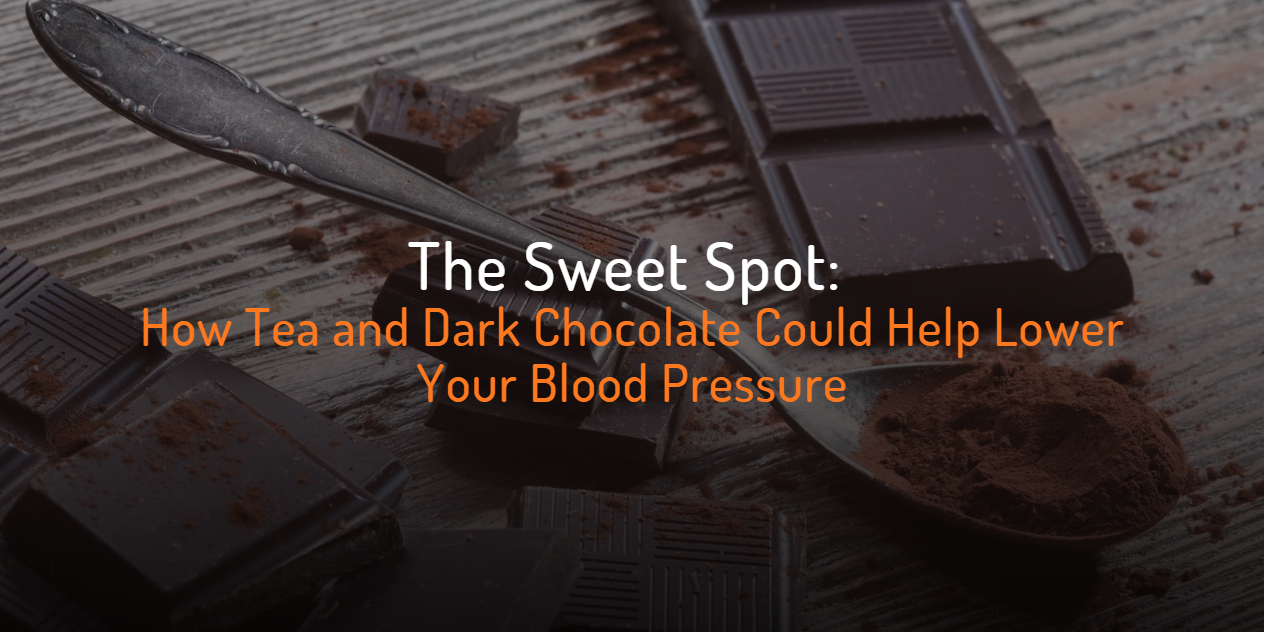

Chanel Willemse
General Manager
17 April, 2025
If you’ve ever thought, “Am I drinking enough water?” – you’re not alone. This seemingly simple question pops up in search bars around the world as people try to nail down the magic number for optimal hydration. But, as with most things health-related, the answer isn’t one-size-fits-all.
Spoiler alert: It’s not as simple as drinking 8 glasses a day! Let’s explore what science says about hydration and how to make sure you’re giving your body what it really needs.
Why Water Matters
Think of water as the superhero of your body. It keeps your brain sharp, your energy levels steady, and your skin glowing. It makes up about 60% of your body weight and fuels almost every essential function, including:
- Energy Production: Your cells need water to produce energy and keep you going throughout the day.
- Temperature Regulation: Whether you’re running a marathon or chilling on the couch, water keeps your internal thermostat steady.
- Detoxification: Water helps flush out toxins through sweat, urine, and bowel movements.
- Joint Lubrication: It cushions your joints, keeping them flexible and pain-free.
- Brain Power: Even mild dehydration can mess with your focus, memory, and mood.
When you don’t drink enough, things can go south pretty quickly. Fatigue, headaches, and even crankiness (yes, it’s a thing) can creep in. Prolonged dehydration can lead to more serious health problems, so it’s important to stay ahead of the curve.
The Truth About the “8 Glasses a Day” Rule
Ah, the famous “8 glasses of water a day” advice – a health mantra as old as time, yet about as reliable as your phone’s battery at 3 p.m. So, is it really what your body needs?
Spoiler alert: not quite.
Let’s break it down. The “8 glasses a day” rule isn’t some gold standard handed down by the gods of hydration – it’s more of a loose guideline with little scientific backing. In fact, the National Academies of Sciences, Engineering, and Medicine have a more nuanced take:
- Women: Aim for around 2.7 litres (11 cups) of total fluids per day.
- Men: Bump that up to 3.7 litres (15.5 cups) of total fluids.
Notice the word "fluids"? That’s the kicker. This recommendation includes all the liquids you consume – not just water. Yes, your morning coffee, afternoon tea, and even that juicy slice of watermelon count toward your hydration goal.
But What Does Research Say?
Scientific studies don’t universally agree on a “magic number” for hydration because hydration needs vary wildly from person to person. Here’s what the science highlights:
Hydration is Highly Individual
Your hydration needs depend on factors like age, activity level, environment, and diet. Someone running a marathon in the Sahara is going to need more water than someone binging Netflix in a cool, air-conditioned room (duh).
Your Body is Pretty Smart
Your body has this nifty built-in mechanism called thirst. Studies show that, for most healthy people, drinking when you’re thirsty is usually enough to maintain proper hydration. So, no, you don’t need to be guzzling litres of water “just because.”
Caffeinated Drinks Aren’t Evil
There’s a myth that tea and coffee “don’t count” because they’re diuretics. Not true! Research shows that moderate caffeine consumption doesn’t dehydrate you and actually contributes to your fluid intake. So yes, your oat milk latte is doing some good after all.
Foods Hydrate You Too
A surprising 20–30% of your daily water intake comes from food. Yep, staying hydrated doesn’t mean guzzling water all day – your plate can pull its weight too. Certain foods are hydration heroes, packed with high water content alongside essential vitamins, minerals, and electrolytes.
Top Hydrating Foods
1. Cucumber (95% Water)
The ultimate hydration champion, cucumbers are practically water in veggie form. Not only are they refreshing, but they’re also rich in potassium and vitamin K.
How to Use It: Slice cucumbers into salads, add them to sandwiches, or infuse your water with a few refreshing slices.
2. Watermelon (92% Water)
Packed with electrolytes like potassium and magnesium, as well as vitamin C.
Pro Tip: Blend watermelon into smoothies or freeze chunks for a hydrating summer treat.
3. Strawberries (91% Water)
Loaded with antioxidants and vitamin C.
How to Use It: Add them to your morning oats, yogurt bowls, or as a naturally sweet topping for desserts.
4. Lettuce (95% Water)
Particularly iceberg and romaine – a hydration boost and source of folate.
Fun Idea: Use large lettuce leaves as a wrap alternative for sandwiches or tacos.
5. Celery (95% Water)
Contains electrolytes like sodium and potassium, plus fibre.
Snack Hack: Pair celery sticks with nut butter or hummus.
6. Zucchini (94% Water)
Rich in potassium, vitamin A, and antioxidants.
How to Use It: Spiralise into “zoodles” or add to stir-fries, soups, or muffins.
7. Bell Peppers (92% Water)
Especially red ones – high in vitamin C.
Quick Tip: Slice for snacking, toss into a stir-fry, or roast for a sweet side dish.
8. Oranges (88% Water)
High in vitamin C and potassium.
How to Use It: Snack on slices, add to salads, or blend into smoothies.
9. Tomatoes (94% Water)
Rich in lycopene, great for skin and heart health.
How to Use It: Enjoy fresh, in salads, sandwiches, or cook into soups and sauces.
How to Incorporate Hydrating Foods into Your Day
- Start your morning with a fruit salad featuring watermelon, strawberries, and oranges.
- Snack on cucumber and celery sticks with hummus.
- Pack a lunch salad with lettuce, tomatoes, and bell peppers.
- Add zucchini or broccoli to your dinner stir-fry.
Pro Tip: Pair these foods with water throughout the day to maximise hydration.
Why 8 Glasses Isn’t One-Size-Fits-All
Let’s put the “8 glasses a day” rule into perspective:
- A 60kg person sitting in an office doesn’t need the same amount of water as a 90kg person working construction in the summer heat.
- Pregnant or breastfeeding? Hydration needs increase.
- Sweaty gym session? Add an extra 500ml–1 litre for every hour of intense exercise.
Funny Thought: If the “8 glasses” rule were universal, even a Chihuahua and a Great Dane would need the same amount of water. See how silly that sounds?
What’s the Risk of Overdoing It?
Here’s something the “8 glasses” crowd rarely mentions: Overhydration is real. Drinking too much water can lead to hyponatremia, where sodium levels drop dangerously low.
Symptoms include:
- Confusion (Wait, did I already drink 8 glasses today?)
- Nausea (Too much water sloshing around in your stomach).
- In severe cases, it can even cause seizures or coma.
Moral of the story: Don’t force yourself to drink water every 10 minutes.
The Practical Takeaway
Forget counting glasses and focus on tuning in to your body’s signals. Here’s how to keep it simple (and fun):
- Listen to Your Thirst: If you’re thirsty, drink water.
- Check Your Pee: Pale yellow = hydrated. Dark yellow = drink up. Clear? You’re overdoing it.
- Eat Your Fluids: Munch on water-rich foods like cucumbers, oranges, and melons. (Bonus: They’re tasty and come with extra nutrients!)
- Keep a Bottle Handy: Use a fun water bottle you love. If it’s cute, you’ll drink from it more. It’s science… probably.
How Do You Know If You’re Hydrated?
Luckily, your body is pretty good at letting you know when it’s thirsty. Here are a few simple ways to check:
- Thirst: If you’re thirsty, drink some water. Easy, right?
- Urine Colour: Aim for pale yellow. Anything darker? Time for a top-up.
- Your Energy Levels: Feeling sluggish or foggy? You might need a hydration boost.
Electrolytes to the Rescue
Water isn’t the whole story when it comes to hydration. Electrolytes – like magnesium, potassium, and sodium – are key to helping your body absorb and use fluids effectively.
That’s why, after a sweaty workout or a hot day, it’s important to replenish these minerals. A well-balanced diet usually does the trick, but sometimes a personalised supplement can give you that extra edge.
Busting Hydration Myths
Let’s set the record straight:
Myth 1: Everyone Needs 2 Litres a Day.
Nope! Hydration is personal, just like your coffee order.
Myth 2: Clear Urine Means Perfect Hydration.
Actually, completely clear urine can mean you’re overhydrated. Pale yellow is ideal.
Myth 3: Coffee and Tea Dehydrate You.
Good news: moderate caffeine intake is still hydrating.
Why Personalised Nutrition is the Missing Piece in Hydration
Ever feel like you’re guzzling water all day but still feel bloated, tired, or just “off”? Here’s the truth: hydration isn’t just about how much water you drink – it’s about the nutrients that help your body absorb and use that water effectively.
Key players like magnesium, potassium, and vitamin C work behind the scenes to:
- Balance fluid levels in your cells.
- Support energy production to keep you going.
- Aid muscle function and recovery.
Without the right nutrient balance, even the most diligent water drinkers can feel dehydrated or sluggish.
Hydration Isn’t One-Size-Fits-All
Here’s the kicker: what your body needs to stay hydrated depends on factors like your activity level, environment, and diet.
- The CrossFit Champ: Needs more electrolytes to replace minerals lost through sweat.
- The Desk Job Pro: May need support for energy and focus, like B vitamins.
That’s why hydration solutions shouldn’t be generic – because your body isn’t.
How Personalised Nutrition Helps
Personalised nutrition takes your unique lifestyle and goals into account, tailoring vitamins and minerals to support optimal hydration. For example:
- Magnesium: Helps muscles relax and prevents cramping, especially after exercise.
- Potassium: Regulates fluid balance, keeping your cells hydrated and functioning properly.
- Vitamin C: Supports collagen production and hydration at the cellular level.
- Vitamin B12: Boosts energy and focus, especially when hydration issues leave you feeling sluggish.
With Vitamin Club’s personalised vitamins, you’ll get the exact mix of nutrients your body needs to complement your hydration habits and keep you feeling your best.
💧 Curious about what your body needs? Take our quick Personalised Vitamin Quiz and discover a tailored nutrition plan that supports hydration, energy, and overall wellness.
Final Thoughts
Hydration isn’t about hitting a magic number – it’s about finding what works for your body and your lifestyle. Whether you’re a busy parent, an office warrior, or a weekend adventurer, small tweaks can make a big difference.
Curious about how your nutrition fits into the picture? There are clever ways to fine-tune your health – and no, they don’t involve chugging endless glasses of water.

